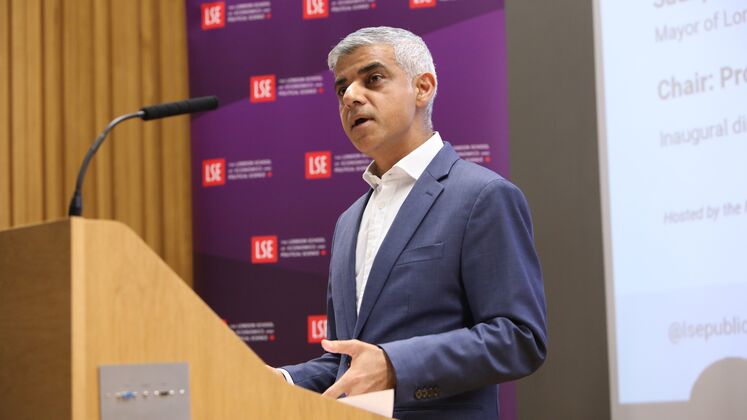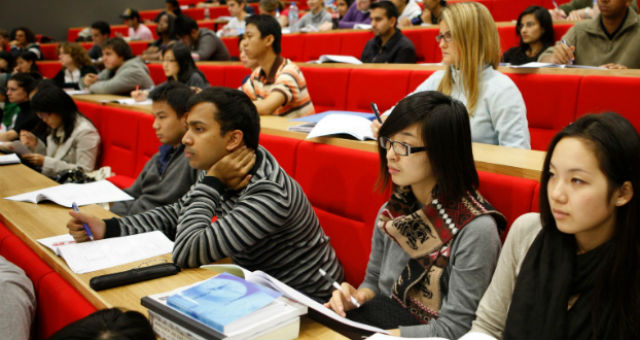The LSE experience involves being exposed to world leading academics and shapers of current affairs. One of these opportunities came last week, when I (and other nerdy friends) had the chance to see (and totally fanboy over) Professor Lord Mervyn King, former Governor of the Bank of England and School Professor at LSE.
Part of the reason I came to study at university was the global financial crisis of 2007/08 onwards: I want to understand how and why this kind of thing happens, the systems and behaviours that cause it and how a repeat can be prevented. It’s a pretty profound experience having these sorts of issues explained to you by world-leading academics like Lord King, and understanding it feels like a kind of strange public duty to me.
It was an economist’s dream to hear one of the most influential public economists and academics give his thoughts about the global financial crisis, monetary policy, and of course, plug his new book, The End of Alchemy. Just the week before we’d had a lecture about monetary policy, quantitative easing and the causes of the global financial crisis in our economics course, so this public lecture was perfectly timed, and also fit in perfectly between a day on campus and pre-drinks for a night out!
A quick summary of his talk for any fellow econ-nerds…
Professor King explained how incentives were structured in a way that meant it was individually rational for banks and actors not to take action before the crisis (despite being able to see it coming), which is why nothing was done in advance.
He explained how developed economies had been building up serious imbalances between saving and spending, imports and exports, which were unthinkable when the financial system was designed, sowing the seeds for the crisis. He said we must shift from this present disequilibrium to a proper balance in order to ensure a long period of above average growth with low inflation and stable unemployment.
Lord King laid out some fairly radical opinions about Keynes’ General Theory (written in 1936), which underpins much of what economics can tell us about the world today. He argued that although many people felt as though the economy would grow but eventually deviate from its course due to headwinds and shocks (but we could steer it back to its path with fiscal and monetary policy), this only worked for a range of circumstances and was not a general theorem.
He also argued that the model of rational individuals optimising their choices of consumption and savings is inadequate for macroeconomics, and how we decide to allocate saving and spending into the future. He said he thought that individuals do not optimise but rather cope with changing circumstances (what he called radical uncertainty) – human beings are incapable of imagining all possibilities or attaching probabilities to them; we cannot calculate the average utility of each outcome to a situation. Therefore his book was an explanation of alternatives to this optimising behaviour.
Lord King explained how the missing market phenomenon is replicated right across the economy, whereby some markets are unable to balance supply and demand as a whole.
He outlined two kinds of Keynesians: those who think radical uncertainty is key, and those who think effective demand and using fiscal policy to boost it are key. King said both are vital and inextricably linked.
He closed by offering some novel policy recommendations, but in the interests of boring you/plagiarising him and being sued by his publisher, I encourage you to read it instead!





